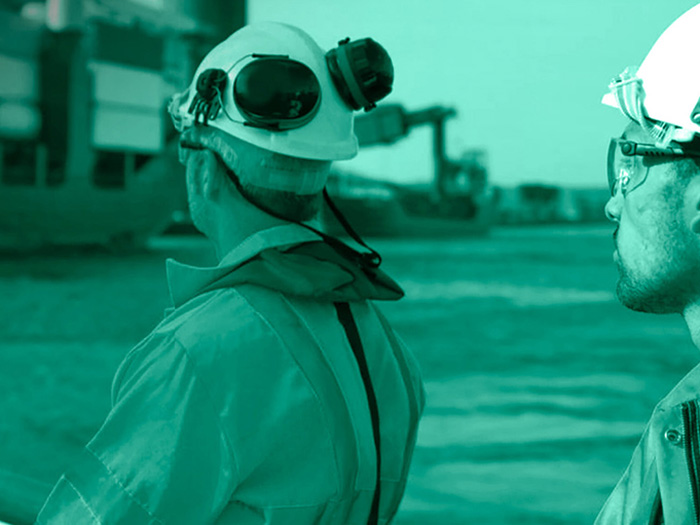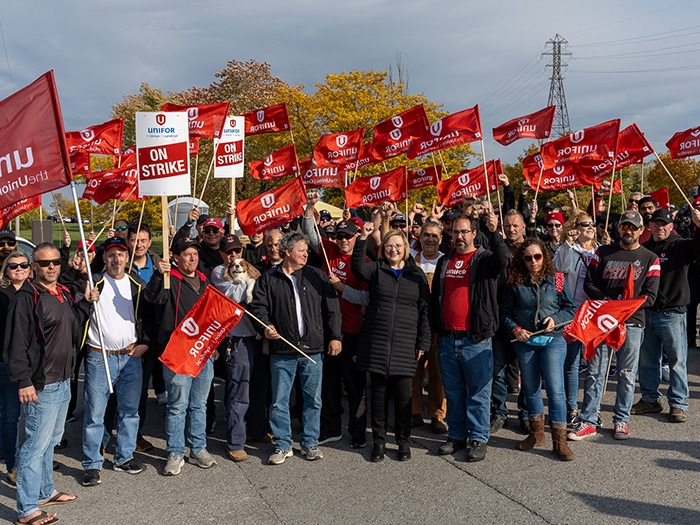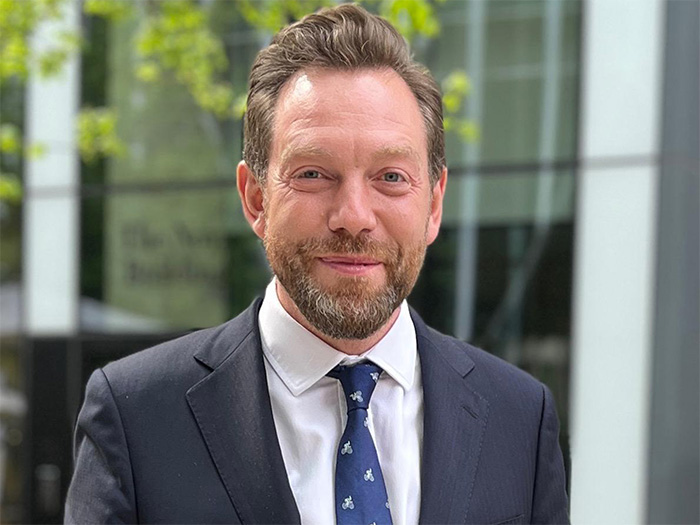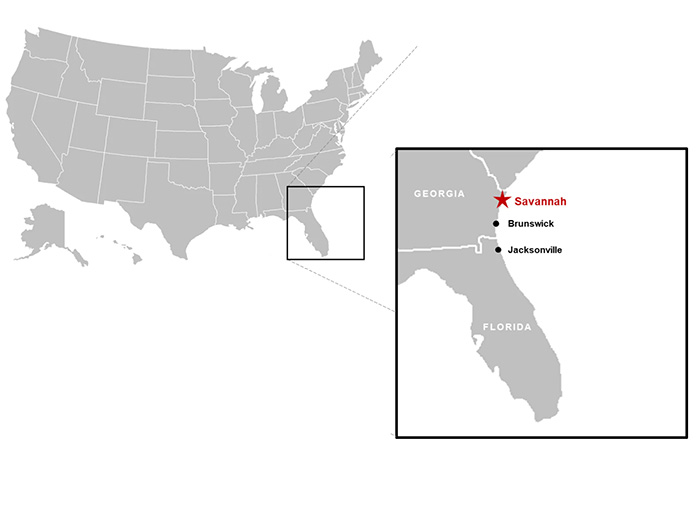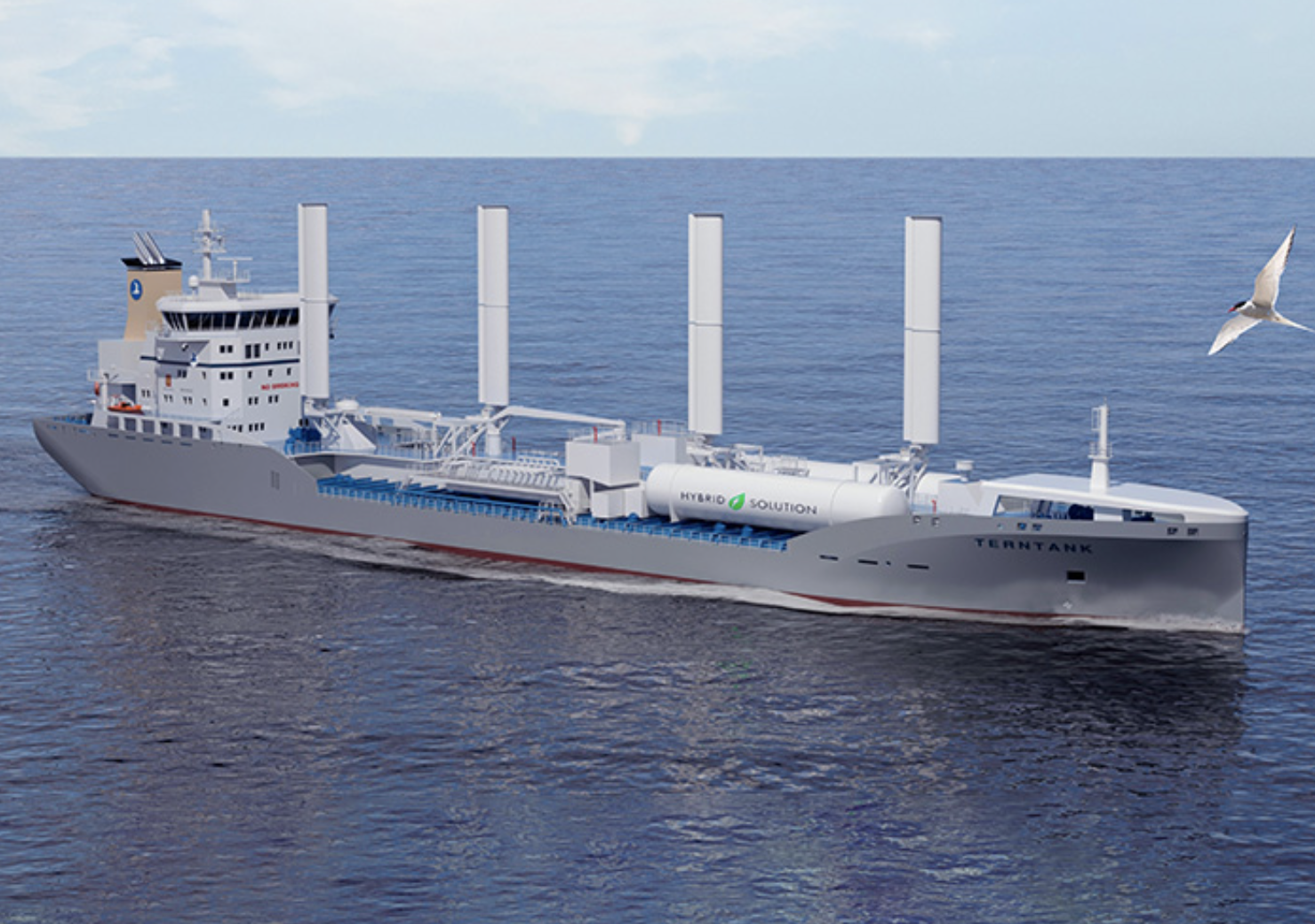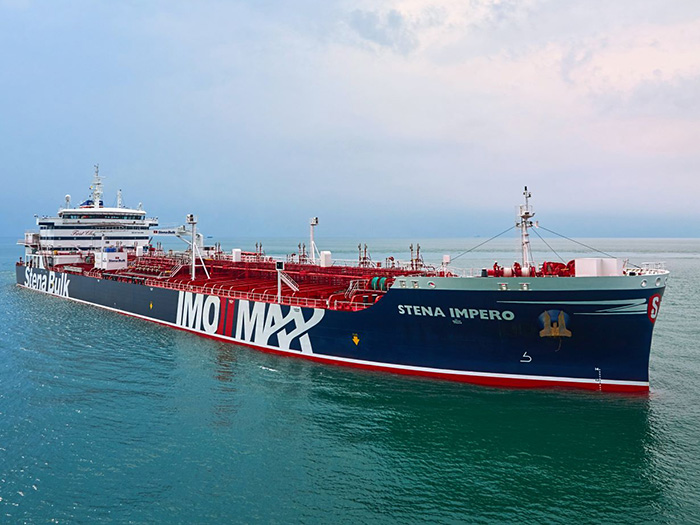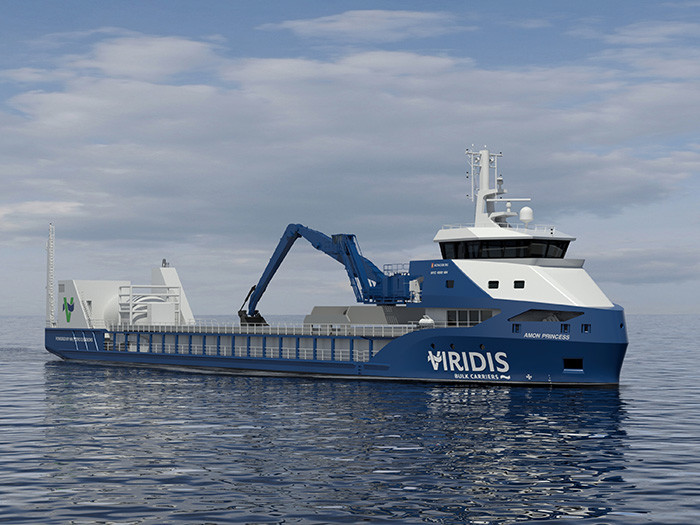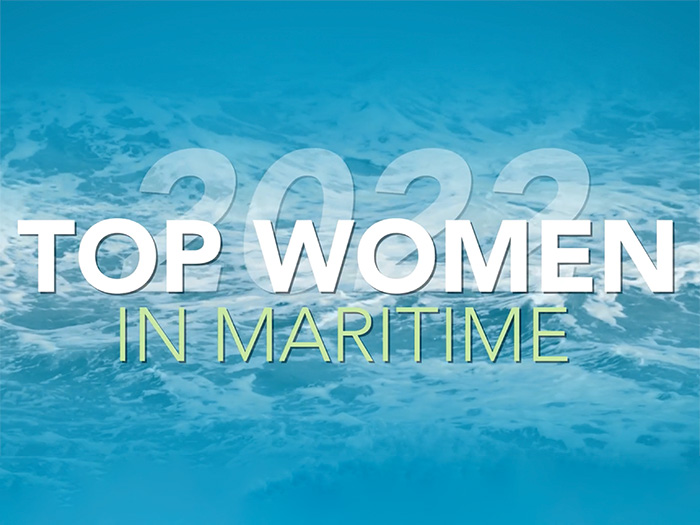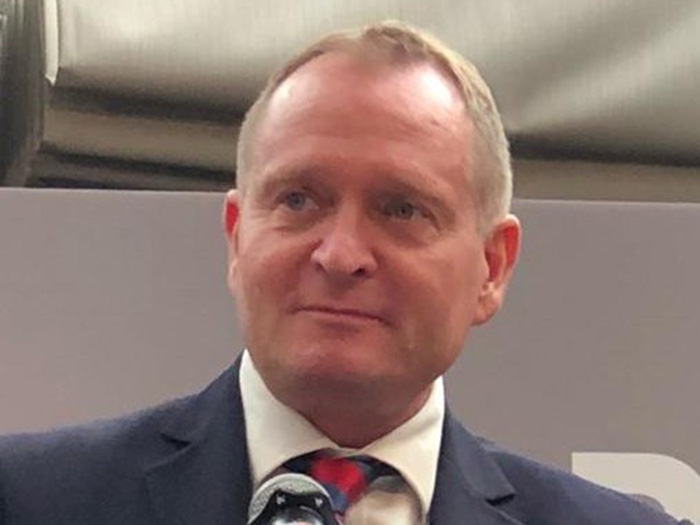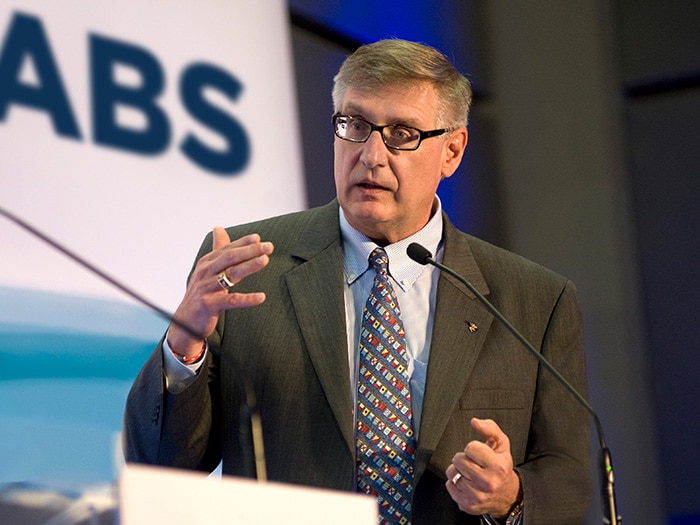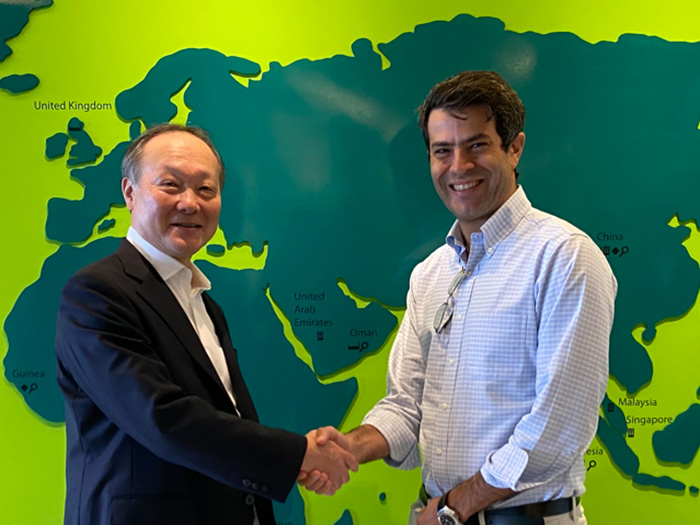The maritime industry is not yet ready for the safe adoption at scale of alternative fuels. That’s the key take-away from a new report from the Maritime Technologies Forum (MTF), which says that, to be able to meet required decarbonization targets, industry stakeholders need to collaborate on closing gaps in current safety management and crew training regulations and requirements.
While there’s been a lot of focus on the technology involved in burning alternative fuels and on the economics of building the necessary supply chains, less attention has been paid to the question of how ship operators and seafarers will work with future fuels given the problems such as toxicity, corrosiveness and flammability some of them may present.
The MTF brings together a group of leading flag administrations and class societies and its recommendations identifies the gaps that must be closed to safely achieve decarbonization within the framework of three existing international conventions/codes
- The International Safety Management (ISM) Code,
- International Convention on Standards of Training, Certification and Watchkeeping for Seafarers (STCW) and
- The Maritime Labor Convention (MLC);
To be able to meet the required decarbonization targets, all industry-relevant stakeholders should collaborate towards safe adoption of alternative fuels including on key issues in relation to the three regulations that are discussed in this report:
- ISM: Identification of hazards and risks from operation of alternative fuels is essential for the development and implementation of the safety management system, emergency procedures and related maintenance activities.
- STCW: Industry collaboration is needed to address current regulatory uncertainties, insufficiencies within model courses and inconsistent implementation of training. Considering the need for funding the future training course development and delivery, a fraction of future revenues from market-based measures might be earmarked appropriately.
- MLC: reference to alternative fuels could be made in part B of the code and international guidelines which will ensure that IMO member states will address the relevant requirements in their national legislation.
“If we are to meet the decarbonization targets set by IMO, it is important that we continue work together with industry to address gaps in operational management practices and regulatory schemes,” said Jun Kohno, Deputy Director-General for Engineering Affairs Maritime Bureau for Japan’s Ministry of Land, Infrastructure, Transport and Tourism (MLIT). “This report spotlights and helps prioritize the changes needed to support the safe and scalable use of alternative fuels in the maritime industry.”
Nick Brown, CEO of Lloyd’s Register which led the study, said: “Understanding the challenges in safely adopting alternative fuels at scale is a critical step to accelerating maritime decarbonization. This research, led by LR lead marine consultant Yildiz Williams, provides much needed clarity on the hurdles we face as an industry in the safe operation of alternative fuels and the recommendations to overcome those challenges.”


